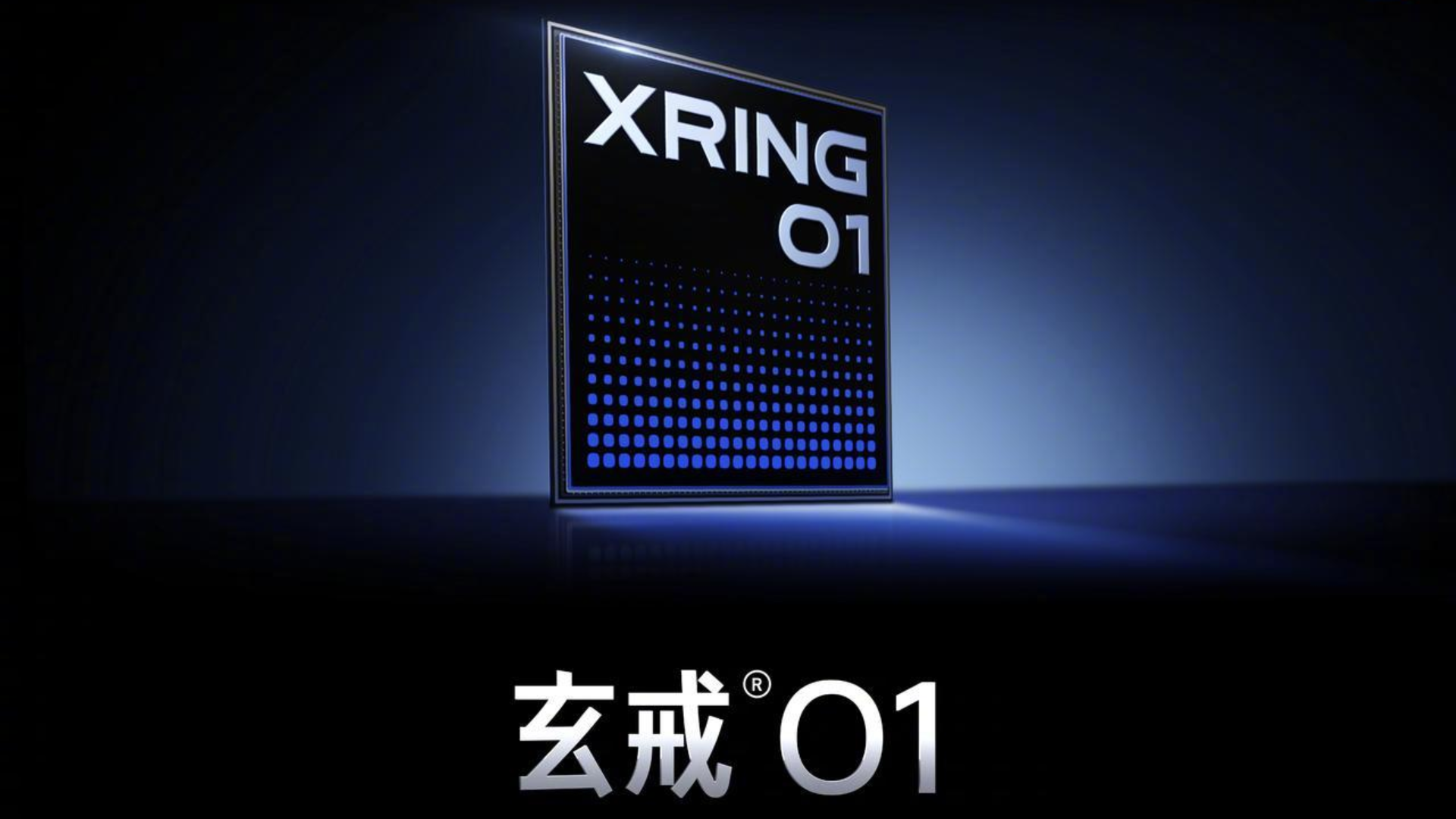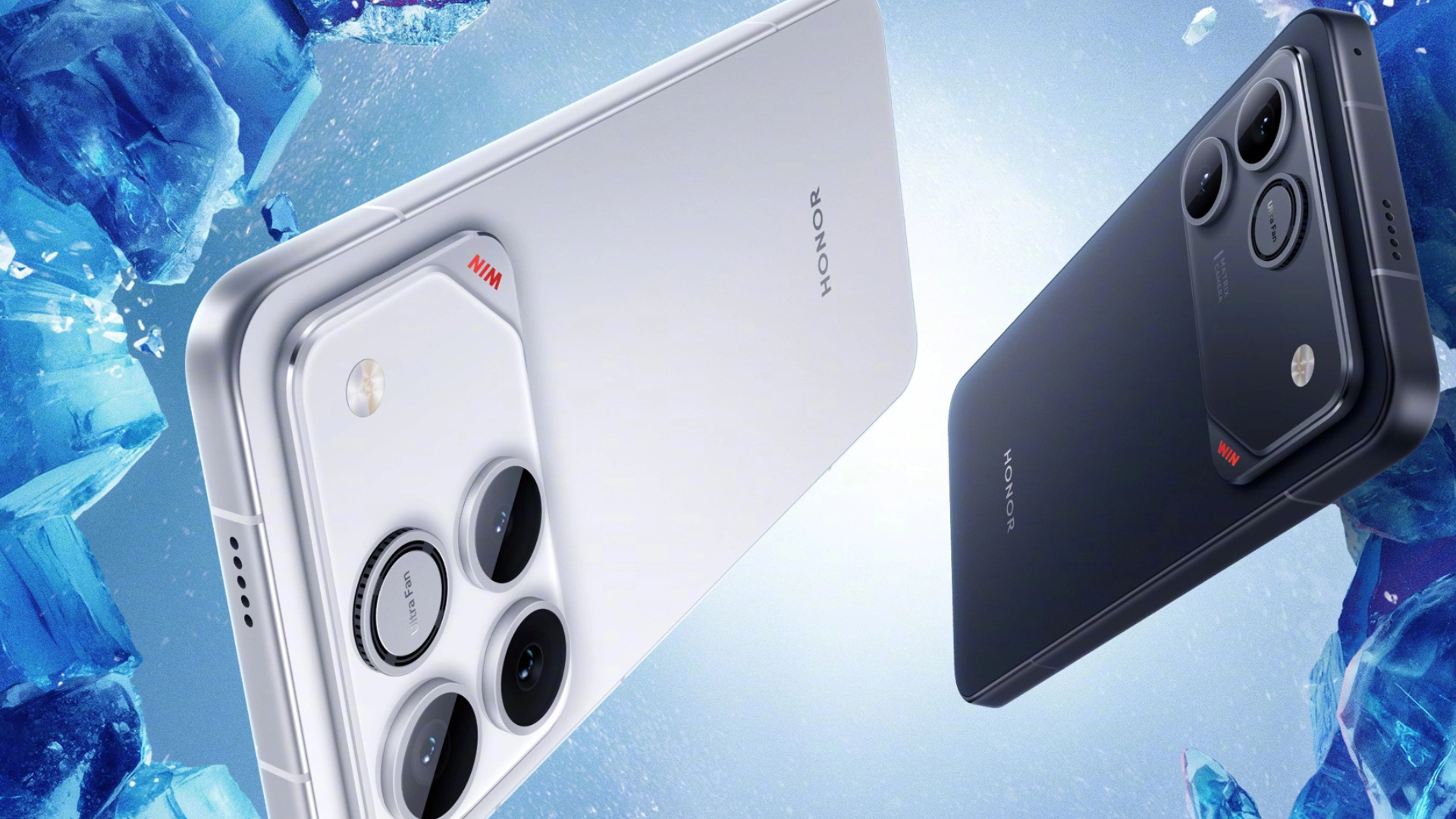According to Xiaomi President Lu Weibing, future smartphones will soon be categorized between those with and without self-developed chips.
Smartphone makers are heavily relying on other manufacturers for their chips, including MediaTek, Qualcomm, and more. However, some companies are now aiming to gain independence by working on their own chips. Aside from Huawei (Kirin SoC), Xiaomi is also now capable of producing chips. After its work in the past few years, the Chinese giant unveiled its Xring O1 SoC, which is now inside the Xiaomi 15S Pro model that debuted last May. To recall, when tested, the chip even managed to outperform the Snapdragon 8 Elite on AnTuTu.
According to Lu Weibing, the brand’s smartphones will soon be divided into those with third-party chips and those with its own SoC. As the executive explained, it is not just about being able to produce self-developed processors, but about the advantages these chips could offer.
“The benefit of this is that they can promote deep integration between software and hardware, delivering a better experience,” Lu Weibing shared (machine translated). “For example, the iPhone’s excellent power consumption is the result of the combined strengths of its chipset, operating system, and ecosystem.”
In the future, Xiaomi is expected to bring the Xring O1 tech to more of its creations, including smartphones and automotive. However, according to a leak from a few months ago, it is still unknown whether the company will also employ it in its sub-brands like Redmi. As per a reputable leaker, there is “no such plan at present” to do so.




